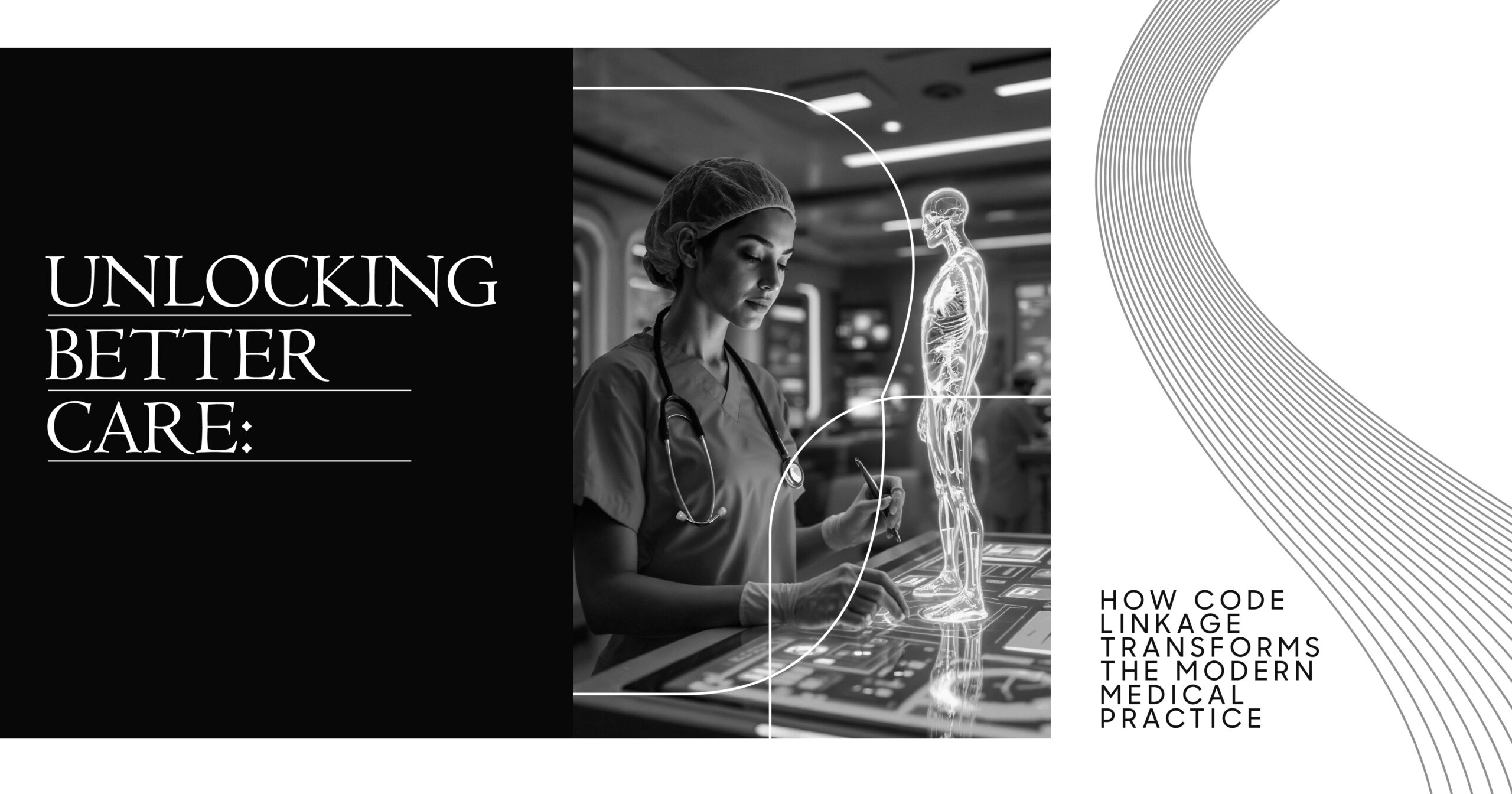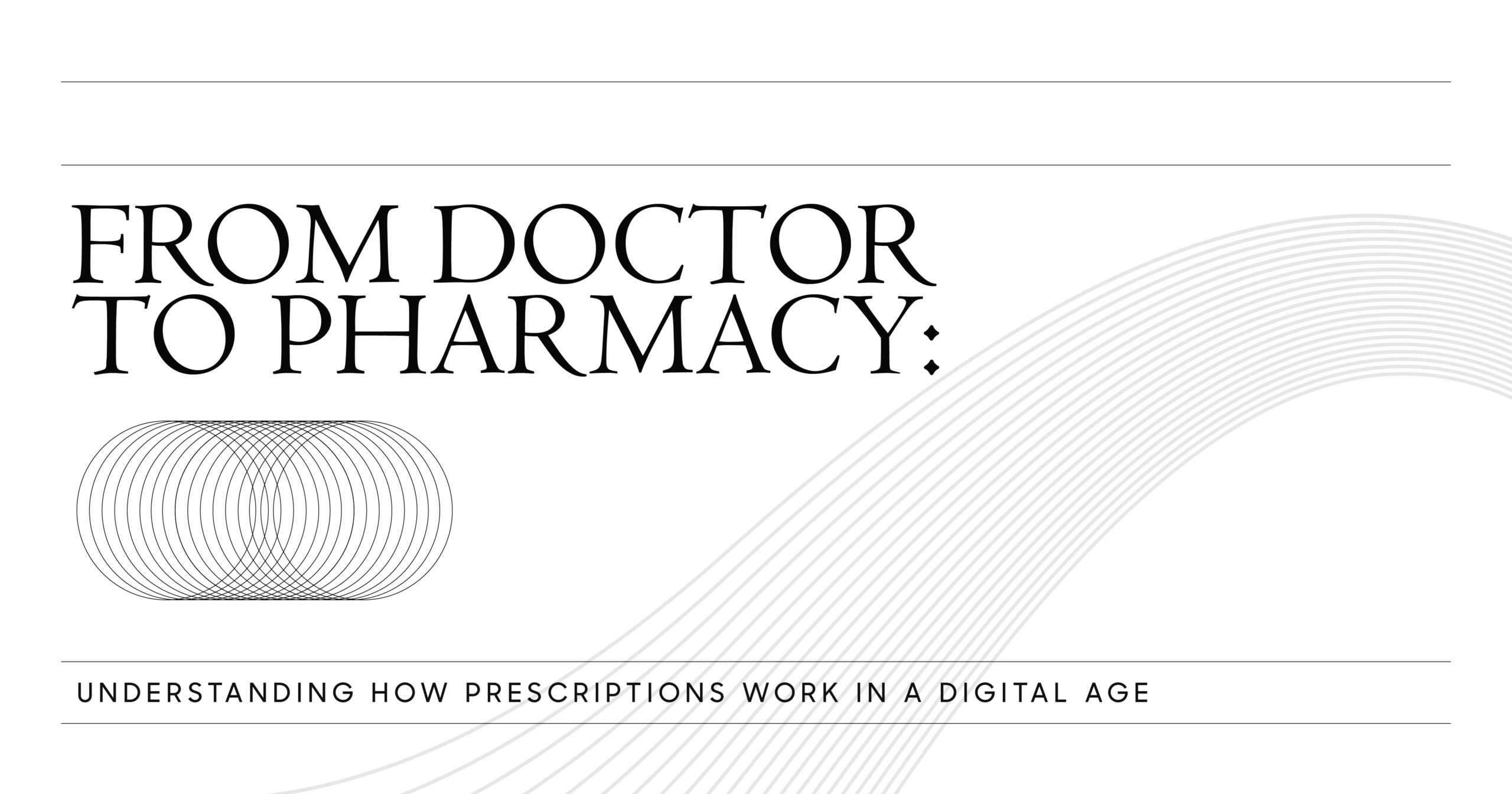Mental health treatment may make all the difference in allowing people with mental illness to enjoy healthy, fulfilling lives. But how can one evaluate whether they require medical attention? The only way to be certain is to consult a mental health professional. Consider the following signs that you may need mental health counseling.
You may think, “How can I determine if I require mental health treatment?” The best way to evaluate if you need mental health treatment is to consult an expert. They can advise you on the mental health treatment programs best suit your needs. However, a few warning signs may indicate the need for mental health counseling.
1. Anxiety Disorder
We are all occasionally concerned and apprehensive. It’s not all awful, however. Worry ensures that we get to work on time and do all necessary to keep our children safe. However, persistent anxiety and concern may be indicative of an anxiety disorder. If you have tried various stress-reduction measures (meditation, yoga, exercise) without results, it may be time to go to a professional for your mental illness.
2. You Struggle To Function Everyday
Difficulty coping with day-to-day concerns is one of the most evident signs that you require mental health care. Self-sufficiency requires you to have the ability to deal with adversity. Conversely, certain mental health conditions hinder your ability to deal with daily difficulties. Depressed individuals, for instance, may find it difficult to function because they are exhausted and feel miserable, guilty, or hopeless. Those with anxiety may be unable to operate in society owing to strong feelings of dread or anxiety.
3. Incapacity to Stop Reliving a Traumatic Experience
You may develop mental health difficulties if you have just had a traumatic event and do not seek assistance. Trauma may profoundly affect one’s mental health, therefore upending one’s life. As a result, you may suffer traumatic flashbacks, recollections, depression, PTSD, and anxiety.
When we see a distressing event, our brain generates stress hormones that may boost our blood sugar, heart rate, or adrenaline levels. This puts us on high alert and prepares our bodies to fight or flee. Some people’s bodies return to normal rapidly. However, if the trauma is recurrent or prolonged, the brain may remain on high alert. Post-traumatic stress disorder (PTSD) is a treatable mental health illness that may be present if you cannot stop thinking about a horrific event.
4. Disconnection And Withdrawal From Others
Some individuals demand more solitude than others. In a healthy scenario, individuals use their alone time to recuperate, recharge and refocus before re-joining society. When such alone time results in further separation and isolation from family, friends, and once enjoyable activities, it may indicate a mental health issue. Isolation is frequently a symptom of mental health conditions requiring professional assistance, such as depression, bipolar disorder, substance abuse, and others.
5. You Are Depressed, Miserable, And Apathetic
Everyone has their low times occasionally. Life may sometimes deal you a terrible hand. However, these blues can sometimes be an indicator of depression. When you think of a sad person, you see them as always tired and unpleasant. In truth, apathy is one of the most often reported symptoms of depression.
Apathy is described as a profound lack of interest in oneself, one’s life, and those around one, including persons and things that formerly excited one. It is the inability to comprehend why you cared for anything and the unwillingness to get out of bed in the morning. This common symptom of depression manifests in various ways, ranging from the usual low energy and hopelessness to difficulty concentrating and sleeping difficulties. It may emerge as poor cleanliness and strange eating habits since you cannot care.
6. Excessive or enigmatic Animosity or Anger
Irritability is a less-than-desirable sign of mental illness (especially depression) and one of the less-discussed symptoms. Anger and annoyance have been confined to dusty corners of psychology for quite some time. Beginning to be identified as indications of chronic depression by physicians.
Everyone experiences anger and impatience sometimes. Some days do not go according to plan: Your coworkers are being unduly demanding, your children are ignoring you, and you run every red light and spill your coffee. It becomes problematic when anger manifests as excessive outbursts, significant chronic annoyance, or hatred against people who have done nothing to offend you.
Repressed wrath and blatant hostility are detrimental not only to your relationships but also to your physical health. It can cause anxiety, compromise the immune system, and increase the likelihood of a heart attack or stroke.
7. Significant Sleep and Appetite Alterations
Changes in our lives, such as relocating or beginning a new career, can disturb our sleeping and eating routines. However, when we become accustomed to the new condition, we revert to our previous practices. These fluctuations may indicate mental instability when they arise out of the blue. Excessive or insufficient sleep may suggest depression or worry. Fluctuations in weight or alterations in appetite may be indicators of depression or an eating disorder. Re-establishing positive habits may be facilitated by mental health therapy.
8. Addiction to Substances
Many persons with mental illness abuse alcohol or other substances to deal with their affliction. For instance, a person with bipolar symptoms may use alcohol to relax during a manic phase or utilize “uppers” to get them through a depressive phase. Sometimes, substance abuse can exacerbate the symptoms of a mental disorder or lead to further difficulties, such as addiction. Dual diagnosis therapy is available for individuals seeking treatment for drug abuse and mental illnesses.
Please note that this is a partial list. Only an expert can determine if a treatment is appropriate for you. However, these signs may give you a general idea of what to search for.
Conclusion
Let us be clear: there is nothing to be ashamed of if you seek mental health counseling. You are taking the necessary steps to live a fuller, healthier life, comparable to repairing a broken limb or taking insulin to treat diabetes.



